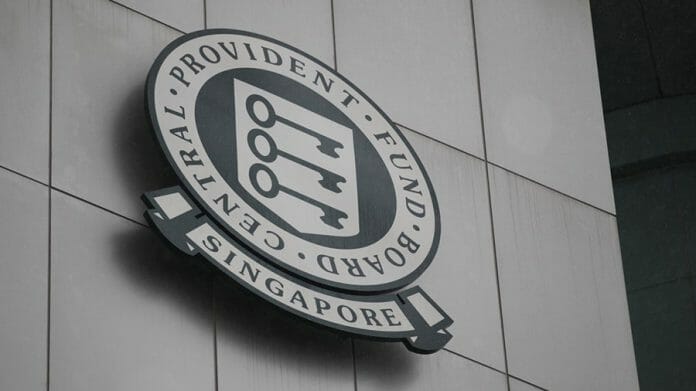In the ongoing battle against online scams, the authorities might take up insurance to protect Singaporeans from Central Provident Fund (CPF) losses resulting from scams, Manpower Minister Tan See Leng said on Tuesday (Jul 4).
He was responding in parliament to a question from Associate Professor Jamus Lim, a Member of Parliament (MP) for Sengkang Group Representation Constituency (GRC), who had asked if the government was “considering initiatives along the lines of insurance” for this purpose.
“I mention this in part because as I’m sure he’s aware, in usual banking-related frauds, insurance plays a big part in helping to recover fraudulent monies,” said the Workers’ Party MP.
“And in this case, CPF is both a mandatory saving scheme but also is a very, very big supplier, so it may be possible to secure a fairly competitive insurance rate for the purposes of doing this kind of additional protection.”
His question was among several raised by MPs following a recent spate of scams that resulted in some CPF account holders losing their money.
Authorities last month warned about cases where victims were tricked into downloading malware into their phones, which then compromised their mobile devices, resulting in unauthorised transactions from the victims’ bank accounts even though they did not reveal their internet banking credentials, one-time passwords or Singpass credentials to anyone.
In some cases, CPF savings were withdrawn and credited to victims’ bank accounts before being transferred out.
Dr Tan on Tuesday said that although nine reports were made relating to CPF accounts, the authorities managed to stop the money from being successfully transferred out in one of the cases. The remaining cases involved a net loss of S$124,000 (US$91,770) in CPF savings.
The victims of these cases were between the ages of 55 and 80, said Dr Tan.
He added, in response to Assoc Prof Lim, that the government is considering insurance to protect victims against such losses.
“This is under the Shared Responsibility Framework that involves the financial institutions, the telcos and many other participating entities,” he said, referring to a framework announced in February 2022 to outline an equitable way to share liabilities among parties in scam cases.
“There is a plan for a public consultation paper to come up in the third quarter of this year. So I suggest that perhaps at that particular point in time, we can delve deeper into the details.”









